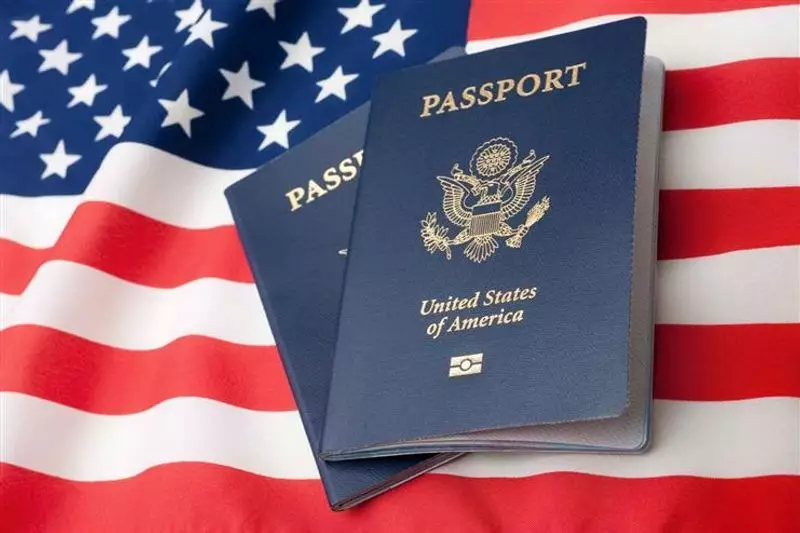
In a decision that has sent shockwaves through LGBTQ+ communities across America, the US Supreme Court has declined to intervene, effectively permitting the continuation of a controversial Trump administration policy regarding passport gender markers.
The Policy at the Heart of the Controversy
The ruling maintains the Trump-era regulation that prevents transgender and nonbinary individuals from selecting their preferred sex designation on official US passport documents. This policy mandates that passport sex markers must align with the gender assigned at birth, regardless of an individual's current gender identity or expression.
Legal Battle and Judicial Stance
The Supreme Court's decision came as a response to emergency appeals seeking to block the policy while legal challenges proceeded through lower courts. By refusing to hear the case at this stage, the conservative-majority court has allowed the restrictive policy to remain in effect indefinitely.
This judicial stance represents a significant setback for transgender rights advocates who had hoped for immediate relief from what they describe as discriminatory documentation requirements.
Broader Implications for LGBTQ+ Community
The ruling extends beyond mere bureaucratic procedure, carrying profound implications for:
- Daily Life Challenges: Transgender and nonbinary individuals may face increased difficulties in travel, employment verification, and accessing various services
- Legal Recognition: The decision undermines the legal recognition of gender identity at the federal level
- Safety Concerns: Many advocates argue that mismatched identification documents can expose transgender people to harassment and violence
Political Divide and Future Prospects
The passport policy has become another flashpoint in America's ongoing culture wars, with conservative groups supporting the biological sex requirement while LGBTQ+ organizations condemn it as discriminatory. The Biden administration had been expected to reverse the policy, but the Supreme Court's intervention has complicated those efforts.
Legal experts suggest that the battle is far from over, with additional challenges likely to work their way through the judicial system in coming months.
As the debate continues, millions of transgender and nonbinary Americans await a resolution that acknowledges their fundamental right to accurate identification that reflects their true selves.





